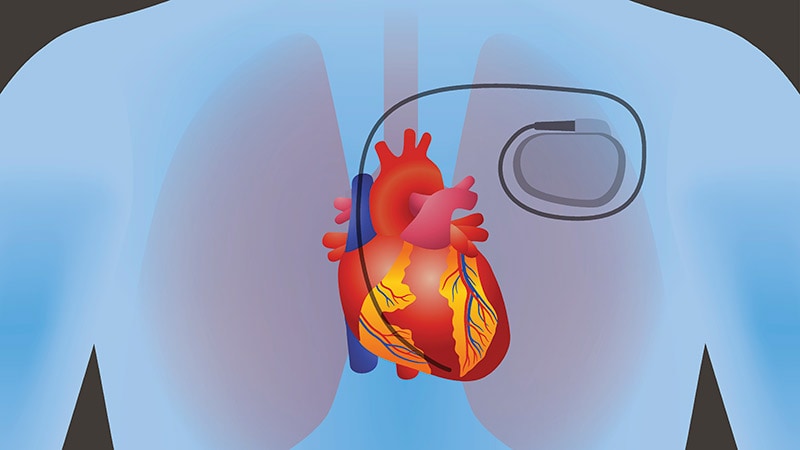Study relates stroke risk with mental ability | Health News
Lower abilities of concentration and learning during childhood and teenage could be related to a tripling of risk of having a stroke before turning 50, according to a research. While lower mental abilities have been linked to higher risks of developing cardiovascular and metabolic diseases, researchers said that evidence in this regard is inconsistent. The …





